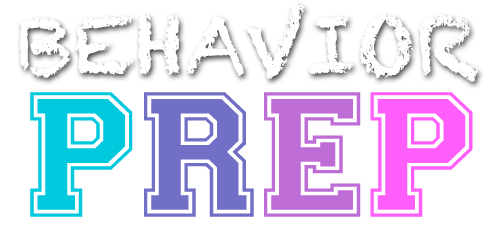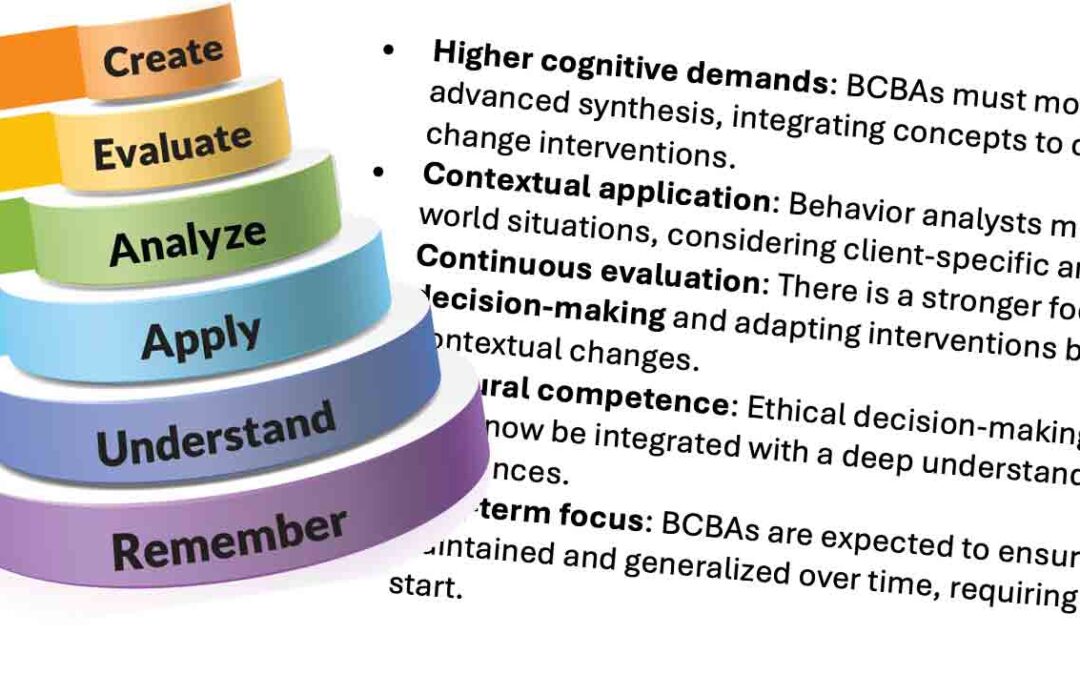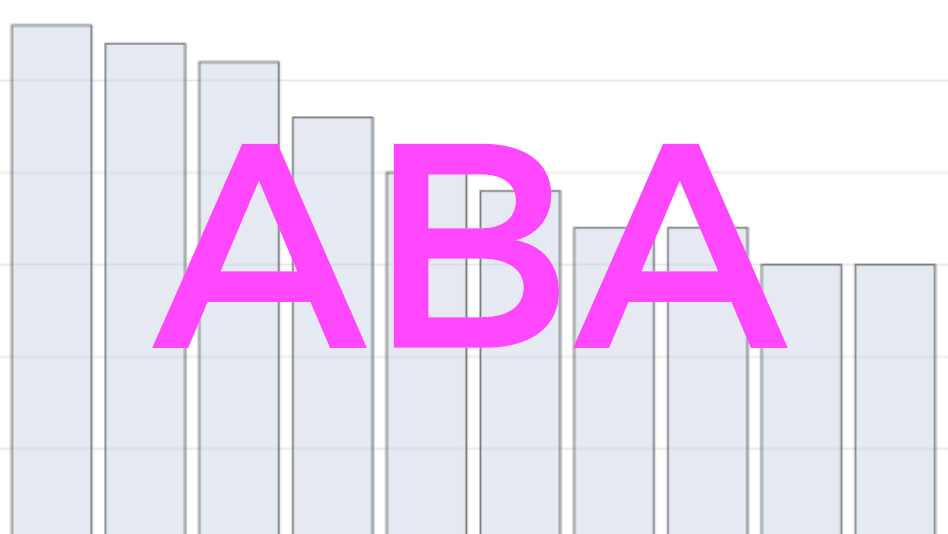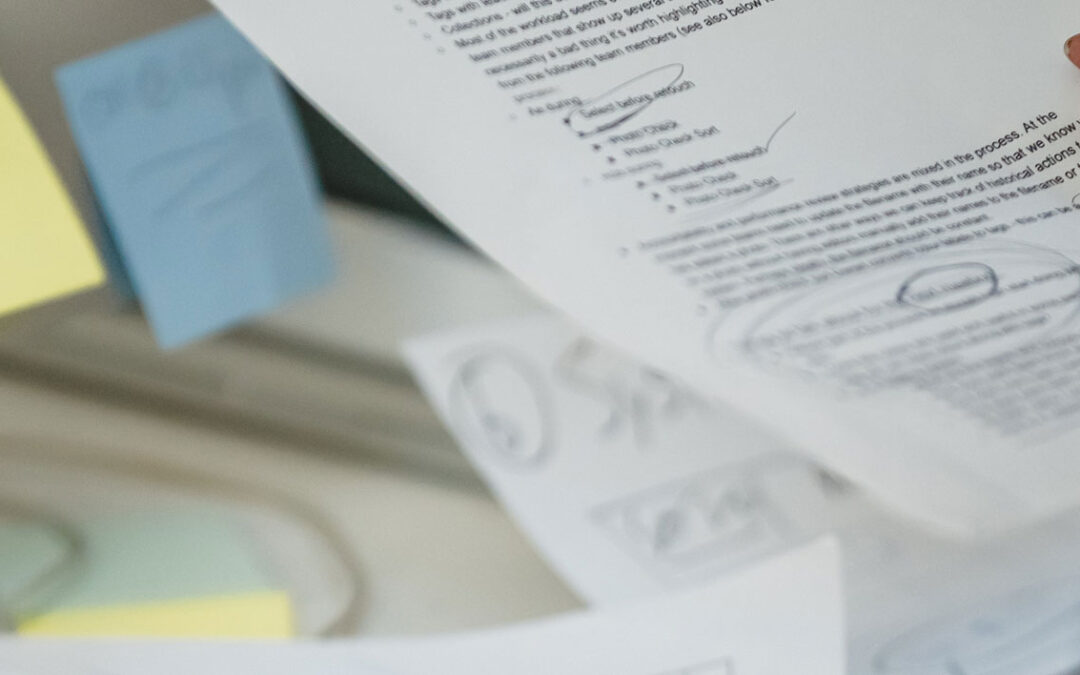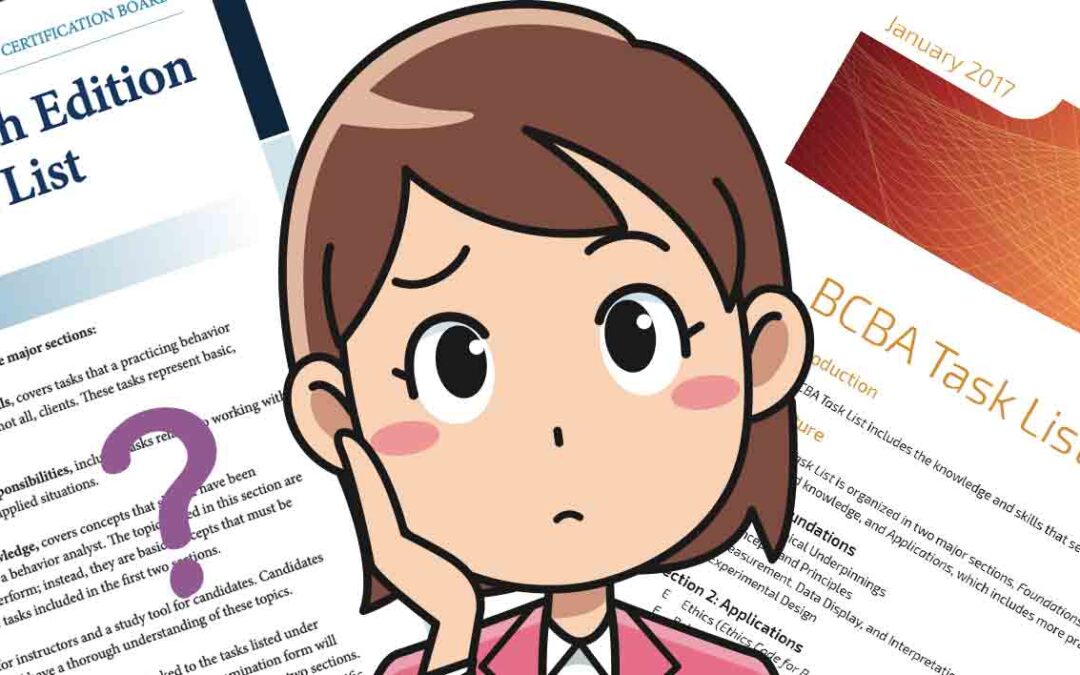Why BCBA Candidates Fail: The Most Missed Areas on the Exam and How to Fix Them
Becoming a Board Certified Behavior Analyst (BCBA) isn’t easy — and it shouldn’t be. You’re being tested on your ability to practice independently, ethically, and competently. But too many candidates walk into the exam room thinking they’re ready, only to walk out wondering what just happened.
If you want the truth, here it is: most people fail because they study the wrong way. They memorize definitions, they cram, they “kind of” understand the concepts — but they can’t apply them when it counts.
Let’s break down the most common mistakes and missed areas, so you don’t make them.
1. Memorization Over Application If you’re memorizing Cooper and hoping for the best, you’re already in trouble. The exam isn’t testing your ability to regurgitate definitions — it’s testing if you can apply behavior analysis in real-world situations.
Fix it: Practice scenario-based questions. When you study a term, immediately create a real-world example of it.
2. Underestimating the Ethics Questions Ethics is not just a “side topic.” It’s a huge part of your job — and the exam. Ethics questions aren’t about remembering a code number. They’re about knowing what to do when things go sideways
Fix it: Read the BACB Ethics Code and practice applying it to complex case studies. You need to think like an ethical problem-solver, not a rule robot.
3. Weak Measurement and Data Interpretation Skills Graphs, visual analysis, experimental designs — you’ll see these everywhere on the test. Candidates often miss these because they either (a) avoid them during studying, or (b) falsely assume they understand them.
Fix it: Get your hands dirty with mock graphs, data sheets, and visual analysis practice. Know the difference between a trend, variability, level changes — and what they mean for intervention decisions.
4. Poor Time Management During the Exam 185 questions. 4 hours. That’s about 75 seconds per question. If you’re stuck on one question for 5 minutes, you just hurt yourself.
Fix it: Take full-length timed mock exams — no shortcuts. Practice skipping and returning to tough questions.
5. Ignoring the BACB Task List The BACB Task List or Test Content Outline is your map. If you aren’t directly studying the tasks listed, you’re wasting time.
Fix it: Anchor every study session to the task list. If you can’t tie what you’re studying to a specific task, you’re off course.
6. Not Practicing Enough with Mock Exams Reading a textbook is not exam prep. Neither is rereading your notes. The exam tests endurance, timing, and mental stamina.
Fix it: Do at least 3-5 full-length, timed practice exams before your test date. Review every wrong answer and every right one to understand your thinking patterns.
7. Letting Anxiety Win Panic during the exam can ruin months of studying. If you don’t practice controlling your stress responses, it will control you.
Fix it: Train for the mental side of the exam. Practice breathing techniques, mindfulness, and self-talk strategies — before exam day.
8. Overconfidence Maybe you were top of your master’s program. Maybe you crushed your practicum. Doesn’t matter. The BCBA exam doesn’t care about your GPA — it cares about your ability to think critically under pressure.
Fix it: Respect the difficulty of the exam. Humble yourself early so you don’t have to be humbled on test day.
Final Word: Own Your Prep
Passing the BCBA exam isn’t about being smart. It’s about being prepared the right way.
- Stop memorizing. Start applying.
- Respect ethics.
- Master measurement and data.
- You don’t luck your way into passing. You earn it.
Want a prep plan built for real-world mastery, not just passing? BehaviorPREP can help.
